At CVMC our team of physical therapists (PT), occupational therapists (OT) and speech language pathologists (SLP) work as a multidisciplinary team to offer treatment for patients after a stroke.
A cerebrovascular accident (CVA), better known as “stroke” is a type of brain injury that is caused by either a lack of blood flow to an area of the brain (ischemic stroke) or by bleeding in the brain (hemorrhagic stroke). Depending on the area of the brain affected, and type of injury, many different things can happen, ranging from mild to severe.
Some of the most common effects from stroke include:
- Weakness on one side of the body (hemiparesis)
- Clumsiness/ poor dexterity
- Blurry vision/double vision
- Slurred or incoherent speech
- Dizziness/ vertigo
- Facial droop
- Facial or body numbness
- Difficulty understanding spoken language or speaking (aphasia)
- Difficulty chewing food or swallowing
- Difficulty with coordination, balance or even sitting posture
The good news is that with the recent addition of tissue plasminogen activator (tPA) many patients are having much better outcomes after stroke.
Additionally, our team of physical therapists (PT), occupational therapists (OT) and speech language pathologists (SLP) work together as a multidisciplinary team to offer treatment for patients after a stroke.
What does Physical Therapy (PT) do to help a patient after stroke?
Physical Therapists (PT) will evaluate the patient’s strength, ability to move in bed or from surface to surface, balance and general mobility.
What does Occupational Therapy (OT) do to help a patient after a stroke?
Occupational Therapists (OT) will evaluate the patient’s strength, hand function, hand dexterity, vision, ability to sequence tasks, and ability to participate in self care activities such as:
- dressing and bathing
- meal preparation and cleanup
- safety awareness
- driving and community mobility
- functional cognitive tasks
What does Speech Therapy do to help a patient after a stroke?
Speech language pathologists (SLP) will evaluate and treat a patient’s ability to produce speech, the content of their speech (language understanding and production), and their ability to concentrate and maintain attention, memory and overall cognition (thinking). In some cases, SLPs may also assess and treat a patient’s ability to safely chew and swallow food and liquids as this area may be affected by the stroke.
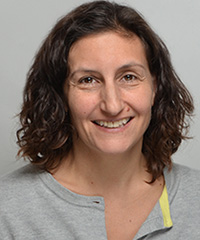 Physical Therapist
Physical Therapist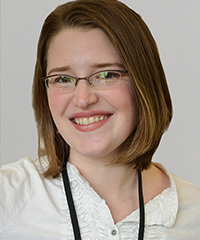 Physical Therapist
Physical Therapist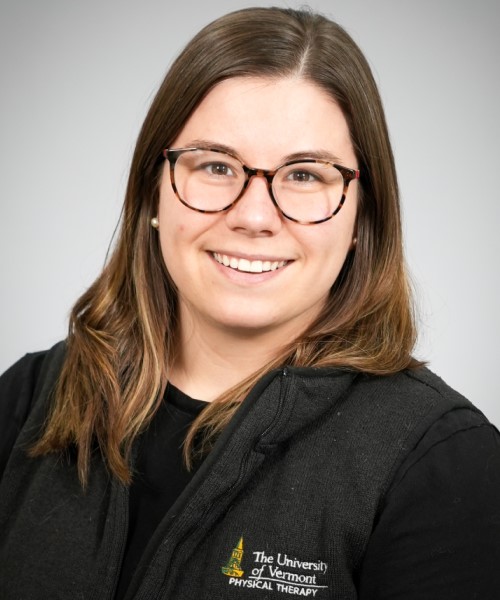 Physical Therapist
Physical Therapist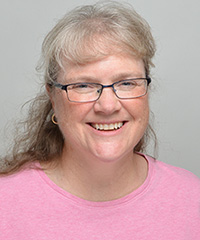 Physical Therapist
Physical Therapist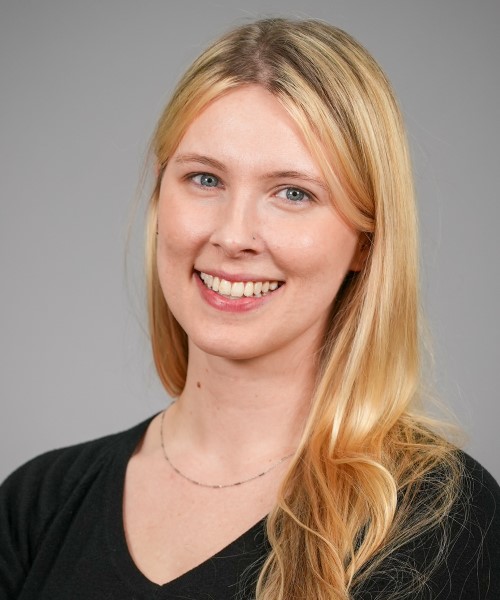 Speech Language Pathologist
Speech Language Pathologist
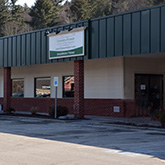
CVMC Rehabilitation Therapy - Berlin
Phone
Fax
802-371-5350
Hours
Monday: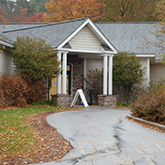
CVMC Family Medicine - Waterbury
Phone
Fax
802-244-4106
Hours
Monday: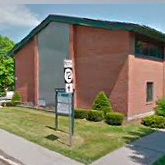
CVMC Rehabilitation Therapy - Montpelier
Phone
Fax
802-229-0231

